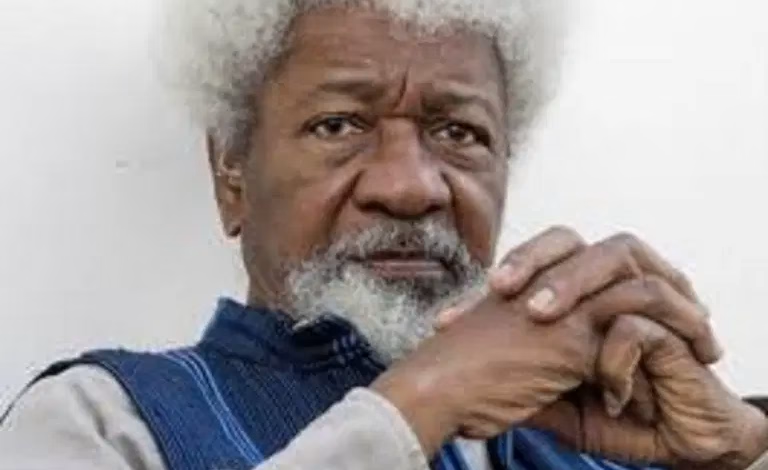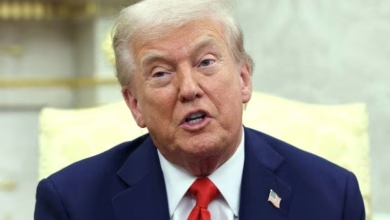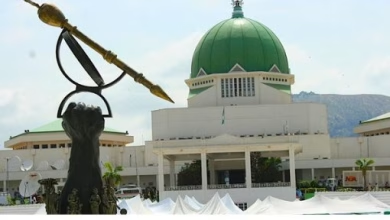
5 Popular Personalities Banned from Entering the United States
Five prominent global figures including Nobel laureates, lawmakers, and religious leaders have faced travel restrictions barring them from entering the United States (US). Their cases highlight how visa denials and entry bans can extend beyond criminal issues to include political, ideological, or security concerns.
1. Wole Soyinka (Nigeria)
Nobel Prize-winning author and playwright Prof. Wole Soyinka revealed in October 2025 that his U.S. non-immigrant visa had been revoked, effectively banning him from entering the country.
Soyinka stated, “I have no visa; I am banned, obviously, from the United States,” citing a letter from the U.S. consulate that explained the decision was made after “additional information became available.”
Although no official reason was disclosed, Soyinka speculated that his outspoken political views might have influenced the move.
2. Tareq Al-Suwaidan (Kuwait)
A renowned Islamic scholar, author, and businessman, Al-Suwaidan has long been barred from entering the U.S., reportedly due to controversial remarks he made about Jews and Israel.
While details remain limited, he has also faced similar restrictions in Belgium and other Western countries. His case underscores how ideological and political statements can lead to travel bans even without criminal implications.
3. Anjem Choudary (United Kingdom)
British Islamist preacher Anjem Choudary was designated a “Specially Designated Global Terrorist” by the U.S. Department of State in March 2017, resulting in both a travel ban and an asset freeze.
Choudary’s case demonstrates how individuals classified as security threats or extremist influencers can face lifetime prohibitions from entering the United States under anti-terrorism laws.
4. Cat Stevens (Yusuf Islam, United Kingdom)
The celebrated musician, formerly known as Cat Stevens, was denied entry into the United States in September 2004 after his name appeared on a no-fly list.
U.S. authorities cited possible links to terrorism-related activities, though Stevens firmly denied any such association. He was detained mid-flight and deported back to the U.K., a move widely criticised as an overreach in post-9/11 security measures.
5. Pouria Amirshahi (France)
French politician and former Member of Parliament Pouria Amirshahi was denied entry into the United States in June 2025, just before a planned visit to meet with U.S. lawmakers and civil society groups.
Amirshahi called the incident “unprecedented in over two centuries of Franco-American relations,” noting that no formal reason was provided. He suggested the decision might have been politically motivated.
Why These Bans Matter
These five high-profile cases underscore key aspects of U.S. immigration and foreign policy:
- Not limited to criminality: Entry bans may arise from political speech, ideology, or perceived security risks, not just legal violations.
- No immunity for fame or status: Even Nobel laureates, parliamentarians, and celebrities can face entry restrictions.
- Opaque decision-making: Many bans occur under the discretionary powers of U.S. immigration law, where reasons are often not publicly disclosed.
- Policy statement: The U.S. State Department reiterates that a visa is a privilege, not a right, and can be revoked at any time if new information or security concerns arise.
Together, these cases highlight the delicate balance between national security, diplomacy, and freedom of expression in U.S. visa policy.







